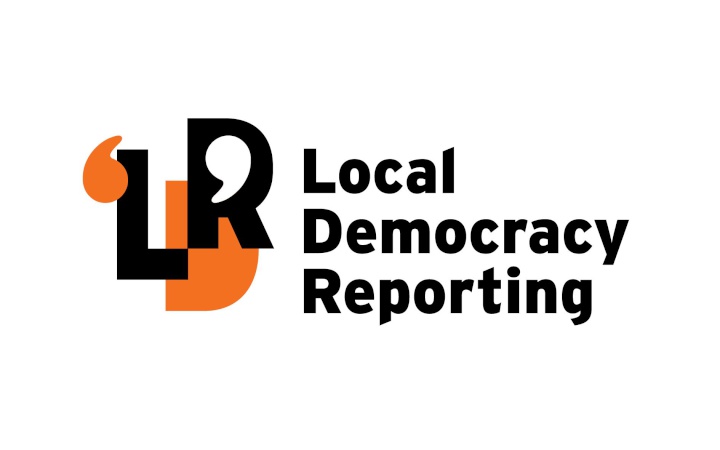
An increase in visitors hoping to catch the southern lights has resulted in a call for the Catlins to be made a dark sky reserve.
On Wednesday, Owaka Going Forward presented to Southland District Council at a hearing for its long term plan consultation, asking for support in making its dream a reality.
In its submission, the community group referenced a DoC estimate which said more than 100,000 people had visited Nugget Point — a popular Catlins destination — for the 12 months to March 2024.
“Along with the spectacular scenery, precious flora and fauna and vistas on offer in the Catlins, an increasing number of those visiting want to experience and take photos of the amazing aurora lights,” the submission read.
Located in the southeast corner of the South Island, the Catlins comes under the jurisdiction of both Southland District Council and Clutha District Council.
Owaka Going Forward had already spoken to the latter, which group representative Glenys Hanley said had been supportive, and was now turning its sights on Southland District Council.
It specifically wanted support with a lighting policy which would align with dark sky requirements.
“The importance of having a dark sky reserve here is really to highlight the Catlins natural, unique beauty, and its night skies,” Hanley said.
The group pushing for accreditation was a sub-committee of Owaka Going Forward and had registered with DarkSky International.
Although it had paid a
registration fee, it was yet to put in a formal application,
she said.
If ultimately successful, the area would join
six other communities in New Zealand with dark sky
accreditation.
Those included dark sky reserves Aoraki Mackenzie, Wai-Iti (Tasman district) and Wairarapa, and dark sky sanctuaries in Oxford, Great Barrier Island/Aotea and Stewart Island/Rakiura.
Hanley said there was ecotourism potential for the Catlins should it gain accreditation, as well as benefits for nature, such as the large native bat population found in the area.
Other benefits included the environment, local economy and educational opportunities for local schools.
Aside from the relevant councils, the group also hoped to work with DoC, Iwi and the community to reach its goal.
LDR is local body journalism co-funded by RNZ and NZ On Air



 Gordon Campbell: On Why Leakers Are Essential To The Public Good
Gordon Campbell: On Why Leakers Are Essential To The Public Good ACT New Zealand: ACT New Zealand Celebration Brunch - David Seymour's First Speech as Deputy PM
ACT New Zealand: ACT New Zealand Celebration Brunch - David Seymour's First Speech as Deputy PM NZ Police: Operation Purple | Anti-Social Road User Gathering In Levin
NZ Police: Operation Purple | Anti-Social Road User Gathering In Levin New Zealand Defence Force: The Latest Update On The HMNZS Manawanui Response
New Zealand Defence Force: The Latest Update On The HMNZS Manawanui Response NZCTU: NZCTU Release Detailed Budget 2025 Analysis
NZCTU: NZCTU Release Detailed Budget 2025 Analysis Department of Conservation: DOC Reveals Surprising Toilet Paper Stats
Department of Conservation: DOC Reveals Surprising Toilet Paper Stats NZ Government: Consultation Opens On Sweeping Overhaul Of Primary Sector Regulations
NZ Government: Consultation Opens On Sweeping Overhaul Of Primary Sector Regulations


